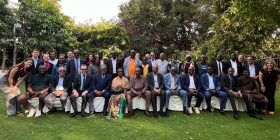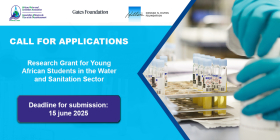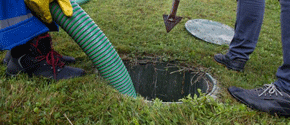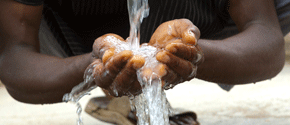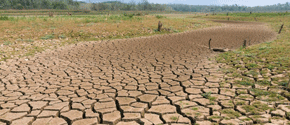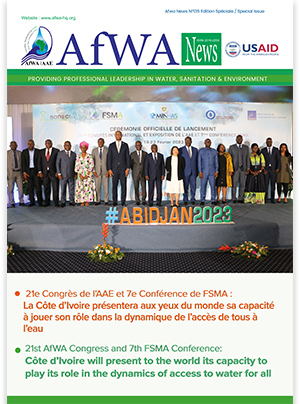Nothing is more astounding than to see that in Africa, the same people who do not have access to toilets are walking around communities with their heads held high with a smartphone in their hand...
Why is the African continent struggling to meet the sanitation challenge? Quite simply because most African countries prefer to invest billions in the construction of roads and telecommunication networks rather than in the construction of sanitation networks and/or toilets that meet standards! Don't African countries understand that floods, droughts and the scarcity of water resources will continue to have catastrophic but above all alarming social, health and environmental repercussions for the planet?
In sub-Saharan Africa, more than three-quarters of the populations do not have adequate toilets and hundreds of millions of people practice open defecation (in the open air, in plastic bags...). They unconsciously contribute to the proliferation of microbes, sources of contamination for the inhabitants and waterways with insects and animals as potential vectors of transmission.
Unfortunately, all this happens in full view of the authorities, but they are not the only passive witnesses to this sanitation problem. The media, associations, professionals of the sector, consumers must together advocate for sanitation (financing and sustainable solutions) so that all African citizens have a dignified and secure access to sanitation infrastructures.
This World Toilets Day is being held in the particular context of the COVID 19 pandemic, which challenges the way in which water and sanitation challenges must be addressed.
As committed leaders in the water and sanitation sector, we, the women of REMAFPEA, reiterate our willingness to accompany AfWA in its quest for African solutions for sustainable access to sanitation for the most vulnerable, namely women and children.

 English
English  Français
Français 
